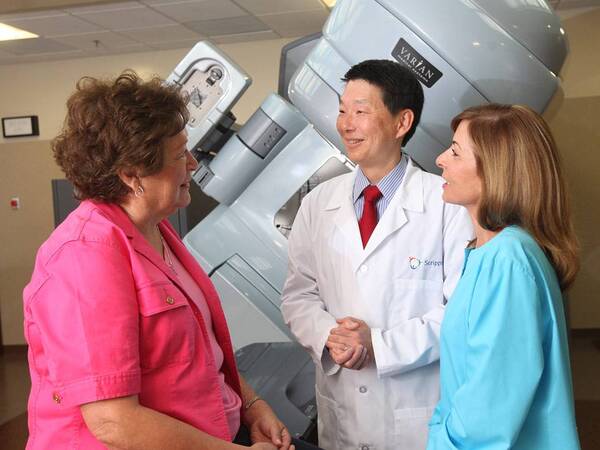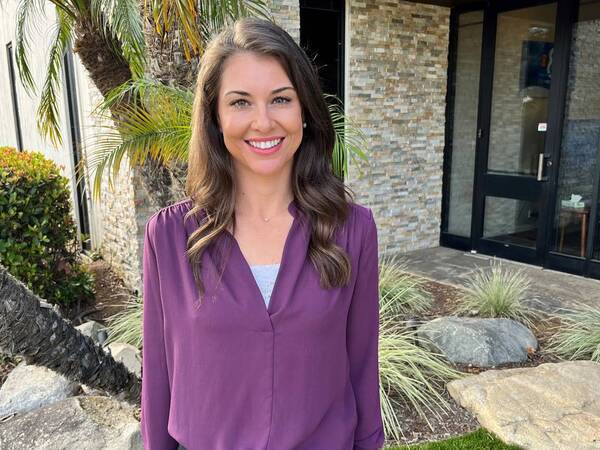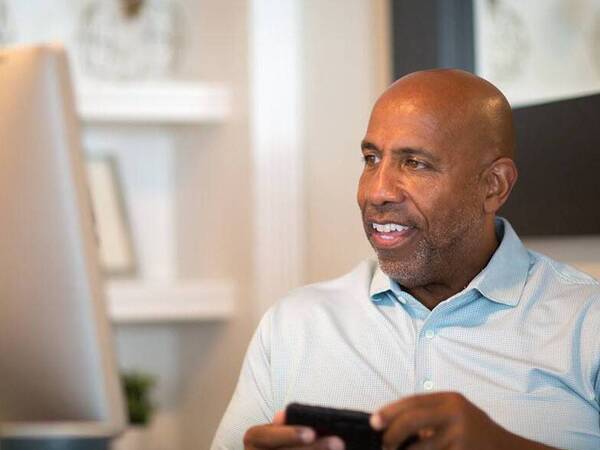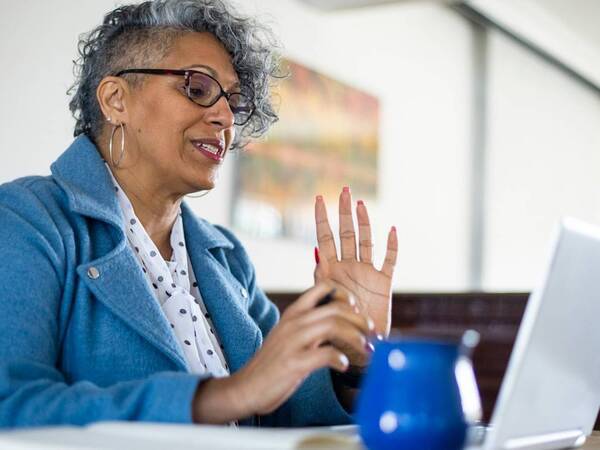Cancer Care
Expert multidisciplinary cancer care in San Diego

Anuradha Koka, MD, Louis Rivera, MD, Anna Khachatrian Kulidjian, MD, Scripps Cancer Center, Scripps Clinic
Expert multidisciplinary cancer care in San Diego
Nationally recognized as a leader in cancer treatment, Scripps Cancer Center provides comprehensive cancer diagnosis, treatment and prevention with a collaborative team approach — and everything we do focuses on you.
Scripps has treated patients with every kind of cancer, from all walks of life. And we know that no two patients are the same. Your Scripps multidisciplinary team designs your treatment plan around you — your medical needs, your lifestyle, your values and your goals for the future.
Your multidisciplinary team may include experts from all aspects of cancer care including medical oncology, radiation oncology, surgical oncology, pathology, diagnostic imaging, research and other clinical and support services. We combine proven medical expertise with the latest technology and research advancements to detect, diagnose and treat nearly every type of adult cancer.
Your Scripps cancer care team is working together to ensure you receive the best possible care from diagnosis to recovery and beyond. In addition, we offer extensive patient services and resources to support and guide you through your cancer journey. Learn more about how Scripps puts you at the center of care.
Cancers we treat
Cancers we treat
Scripps oncologists treat nearly every type of adult cancer, from the most common to the extremely rare. From diagnosis to recovery, we’re here for you. View the full list of cancer types treated at Scripps.





